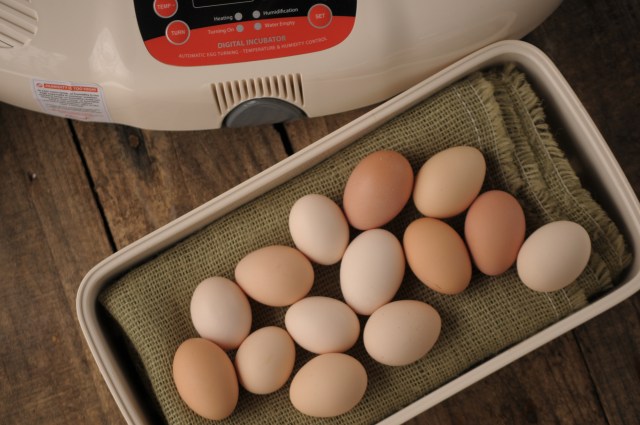Many chicken enthusiasts often find themselves wondering, when to stop turning eggs in incubator. This is a crucial step in the incubation process, affecting the successful hatching of chicks. Understanding the right time to halt this activity can make all the difference in ensuring healthy and robust chicks.

The Importance of Egg Turning
Before diving into when to stop turning eggs, it’s important to understand why we turn them in the first place. Egg turning is essential during the early stages of incubation as it prevents the embryo from sticking to the shell. This ensures even heat distribution and helps in proper development.
Why Turning Eggs Matters
Turning eggs mimics the natural behavior of a mother hen, ensuring that the embryo receives nutrients evenly. This also prevents malformation and increases hatching success. For those new to the world of incubation, our Beginner’s Guide offers a comprehensive introduction.
How Often Should You Turn Eggs?
Generally, it is recommended to turn eggs about three times a day. This replicates the natural rotation a hen would provide. However, the frequency can vary depending on specific incubation practices.
When to Stop Turning Eggs in Incubator
Now, let’s address the main question of this article: when to stop turning the eggs. Most experts agree that turning should cease around day 18 of the incubation cycle. This is especially crucial for chicken eggs, which typically hatch around day 21.
Understanding the Final Days of Incubation
During the last few days, the embryo positions itself for hatching. By not turning the eggs, you allow the chick to orient itself properly, ensuring a successful hatching. For more insights on preparing for this phase, our guide on Chick Care After Hatching is an invaluable resource.
Adjusting for Different Species
While day 18 is the standard for chickens, other birds may have different requirements. It’s essential to research specific needs if you’re incubating other species. Our article on incubating chicken eggs provides useful species-specific tips.
Environmental Factors and Considerations
Proper humidity and temperature levels are critical during the incubation process. These factors are especially important in the final stages. Our article on Maintaining Humidity provides detailed guidance on ensuring optimal conditions.
Monitoring Temperature
Temperature fluctuations can be detrimental, especially when turning stops. Ensure your incubator is functioning correctly and maintaining a steady temperature throughout the incubation period.
Maintaining Humidity Levels
Humidity levels should be adjusted as hatching approaches. This aids in softening the shell, making it easier for the chick to break through. For detailed steps, check our guide on humidity maintenance.
FAQs about Egg Incubation
How do I know if the eggs are developing correctly?
Candling eggs is a common practice to monitor development. For more detailed guidance, our article on candling eggs provides insights on how often and when to perform this check.
What should I do if an egg doesn’t hatch?
If an egg doesn’t hatch, it’s crucial to investigate the cause to improve future hatches. This could be due to temperature issues, humidity imbalances, or infertile eggs.
Is it necessary to turn eggs manually?
While many modern incubators come with automatic turners, manual turning can still be effective. It’s essential to ensure consistent turning if done manually to prevent embryonic issues.

Conclusion
Understanding when to stop turning eggs in incubator is vital for anyone involved in the incubation process. By following the guidelines outlined, you’re more likely to achieve successful hatches and raise healthy chicks. Remember, preparation and attention to detail are your best allies in this rewarding endeavor. For further reading, check out this comprehensive guide on how incubators work.
This article contains affiliate links. We may earn a commission at no extra cost to you.










